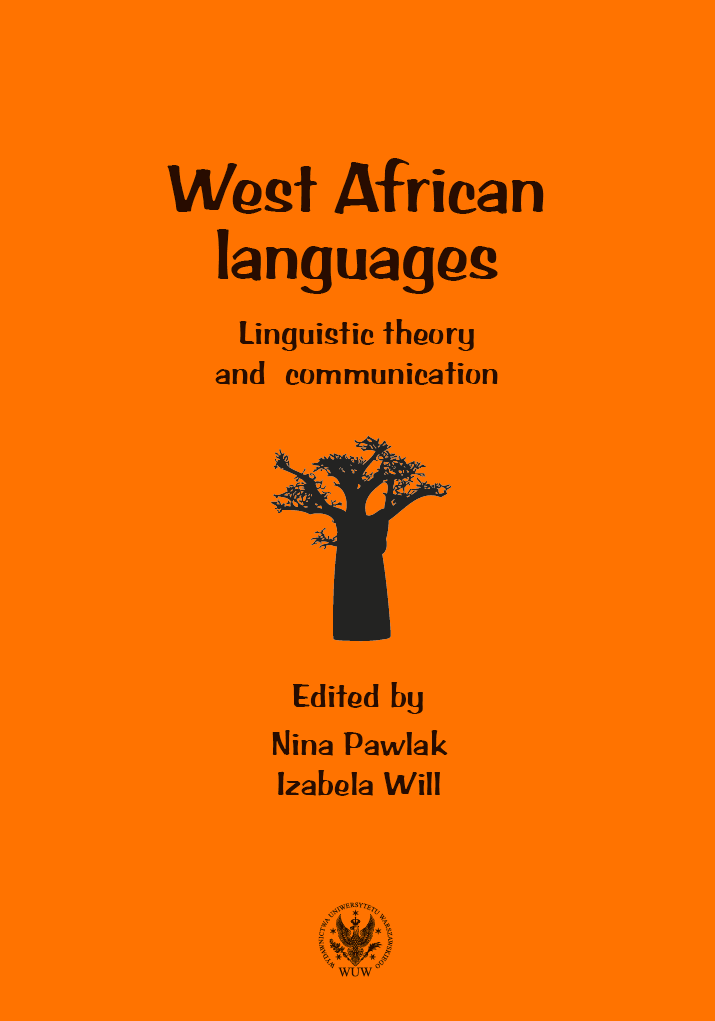Measuring phonological complexity in West African languages
Measuring phonological complexity in West African languages
Author(s): Gian Claudio Batic
Subject(s): Theoretical Linguistics, Applied Linguistics
Published by: Wydawnictwa Uniwersytetu Warszawskiego
Keywords: phonology; complexity; West Africa
Summary/Abstract: The discussion on the complexity of natural language is a fascinating topic that has been treated by scholars from different philosophical and theoretical perspectives. The main challenge to overcome when studying complexity is represented by its quantification: discussing complexity means dealing with objective measurements. Since languages are systems, i.e. they are made up of elements, it is possible to examine the structural complexity of a language by counting the elements present in the system. Systems (that is, languages) are in turn made of sub-systems (that is, areas), each sub-system being described by a series of features whose inventory sizes can be, for example, relatively small, relatively large, or average. This paper aims at formulating an Index of Phonological Complexity (IPC) based on the typological features covering the phonological area as defined in the World Atlas of Language Structures (WALS). After a brief discussion on these features, their recoding and subsequently their normalisation to a common scale will be argued for. Then, three indexes of phonological complexity will be proposed and applied to West African languages. Given its high degree of linguistic diversity determined by both genetic and typological variety, West Africa is an interesting ground for measuring complexity as well as a promising laboratory for further calibration and refinement of the indexes.
Book: West African languages. Linguistic theory and communication
- Page Range: 23-45
- Page Count: 23
- Publication Year: 2020
- Language: English
- Content File-PDF

